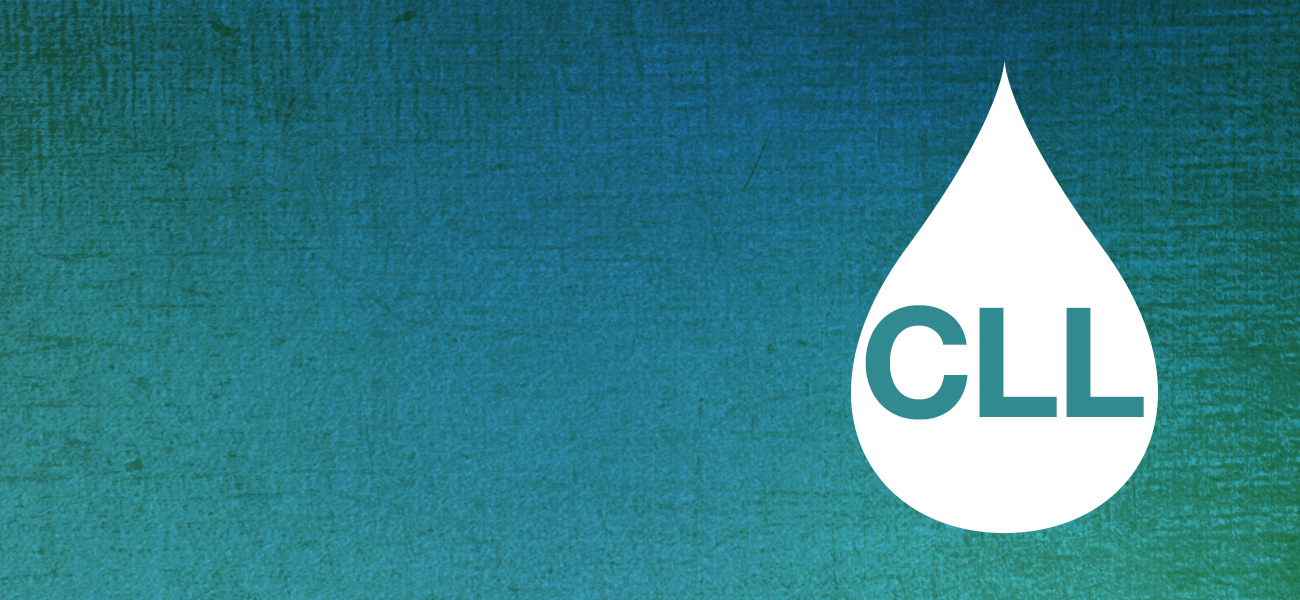Relapsed CLL is the term for disease that responded to therapy but, after 6 or more months, stopped responding.
Refractory disease is the term for CLL that does not result in a remission (but may be stable) or disease that gets worse within 6 months of the last treatment.
Patients who are treated for relapsed or refractory CLL often have good quality of life during years of remission after receiving this additional treatment. Patients should be re-tested to find out if their mutation profile has changed before planning their next treatment. If symptoms return, treatments similar to those used initially can be considered.
Drug therapies and treatments that can be used to treat relapsed or refractory CLL include
- Ibrutinib (Imbruvica®) alone
- Venetoclax (Venclexta®) alone or with rituximab (Rituxan®)
- Duvelisib (CopiktraTM)
- Idelalisib (Zydelig®) with rituximab
- Ofatumumab (Arzerra®)
- Combinations of ibrutinib or venetoclax with anti-CD20 antibodies
- Allogeneic stem cell transplantation
- Alemtuzumab (Campath®) alone or in combination
- Clinical trials
 For information about the drugs listed on this page, visit Drug Listings.
For information about the drugs listed on this page, visit Drug Listings.
Related Links
- Download or order The Leukemia & Lymphoma Society's free booklet, Chronic Lymphocytic Leukemia.

